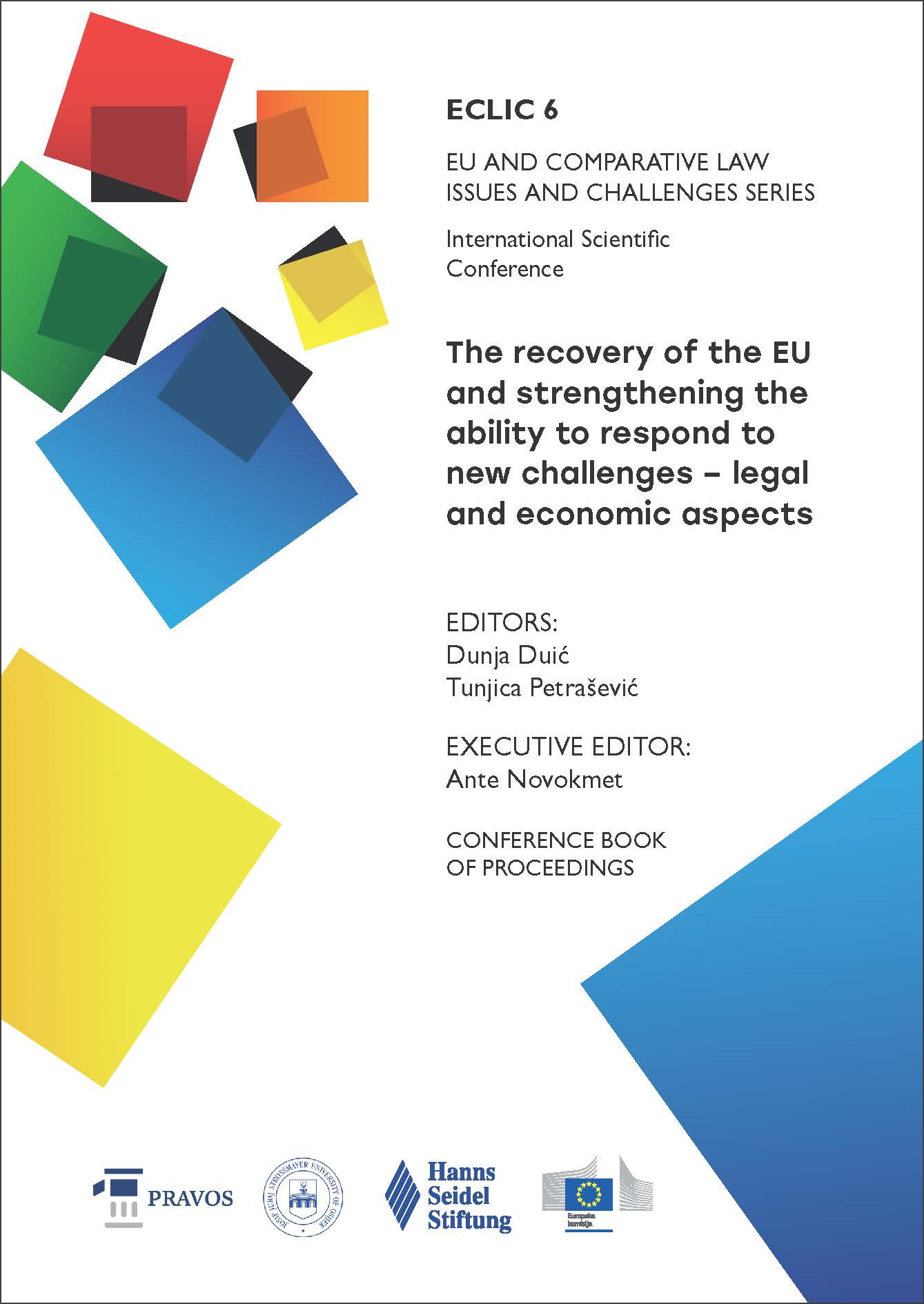REGULATORY SANDBOXES AND EXPERIMENTATION CLAUSES
AN ATTEMPT TO MAKE THE (CROATIAN) LEGAL SYSTEM MORE ENTREPRENEURIAL
DOI:
https://doi.org/10.25234/eclic/22416Abstract
There is a growing need to develop a suitable regulatory framework for innovative business models. Entrepreneurs who seek to explore new opportunities, test out new technologies and offer new services or products are constrained by the existing legal framework, which in most cases does not allow any experimentation and requires the implementation of strict rules. The EU Council Conclusions 13026/20 of 16 November 2020 on Regulatory Sandboxes and Experimentation Clauses highlight that better regulation is one of the key drivers of sustainable, inclusive growth, fosters innovation, digitalisation, and job creation, increases transparency and ensures public support for EU legislation. This paper explores the design of regulatory sandboxes and the distinctions of experimentation clauses. The starting hypothesis is that innovative business is often unrecognised by the legal system. The second hypothesis is that legal requirements and public interest in diligent entrepreneurial behaviour and customer protection should not be compromised. The research and analysis have reinforced and proved that both hypotheses are reasonable. The findings impact on the raising of the regulators’, entrepreneurs’, customers’ and any other stakeholders’ awareness of the need for proper application and creation of the law in accordance with current social needs, while preserving the fundamental social values achieved.
Downloads
Published
How to Cite
Issue
Section
License
Copyright (c) 2022 Štefan Štefanek

This work is licensed under a Creative Commons Attribution-NonCommercial 4.0 International License.
Authors retain the copyright on the papers published in the Journal, but grant the right of first publication to the Journal. Papers accepted for publication or already published in ECLIC of the Faculty of Law in Osijek may be published by the author(s) in other publications only with proper notice of its previous publication in ECLIC.


